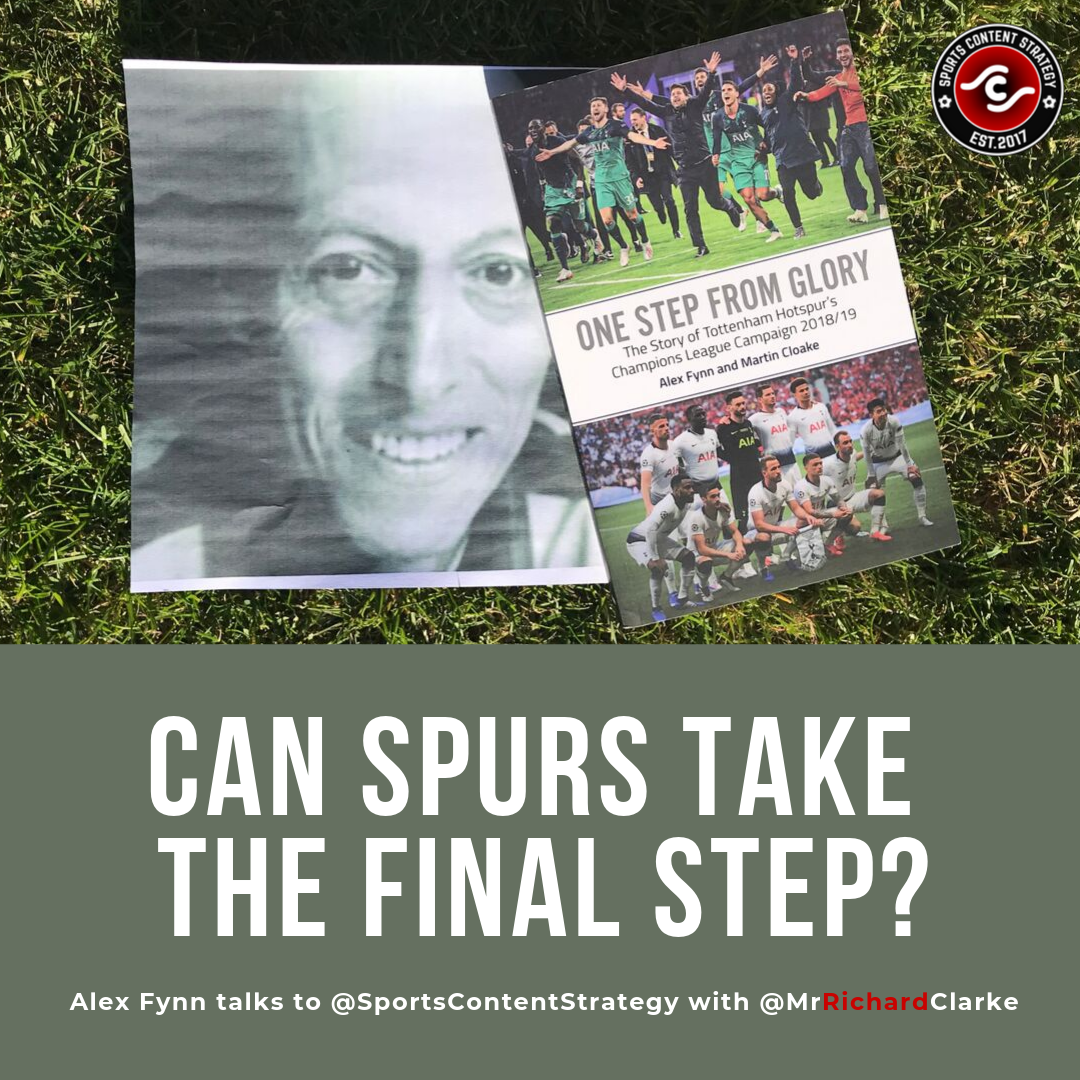Luke Sutton is trying to change the narrative around mental health and elite athletes, using lessons from his own story.
At the end of a long career in county cricket, team-mates staged an intervention over his alcohol-consumption and self-destructive behaviour.
On retirement, Sutton became an agent for one of those concerned friends, record-breaking England Test bowler Jimmy Anderson. Since then the agency has expanded, taking on footballers, boxers and Olympians.
At the end of 2019, Sutton released a book called Back from the Edge, which recounts the mental descent during his time as a wicketkeeper-batsman and how he turned his life around.
Sutton has vowed to run his agency with his clients' long-term well-being in mind, even if that leaves 'money on the table'. He also has strong views on the way elite athletes are perceived and how they are handled by the press, public and the sporting authorities.

















